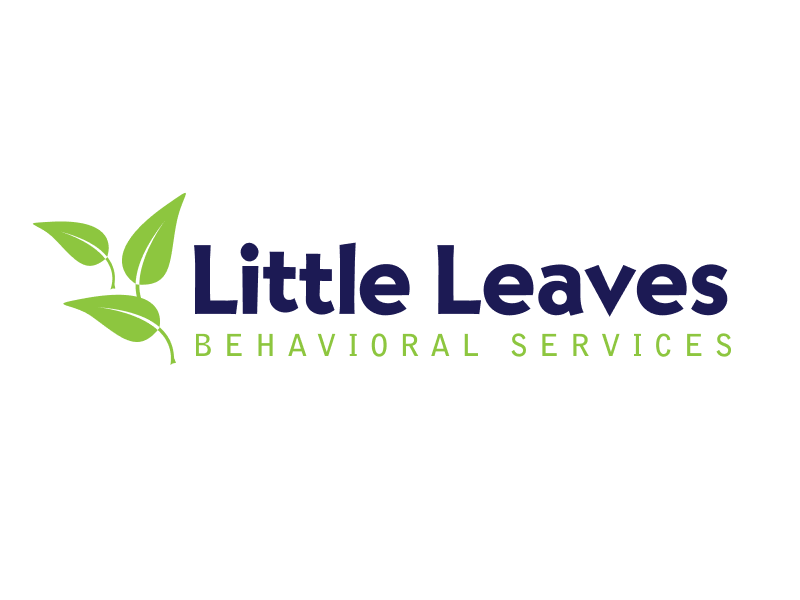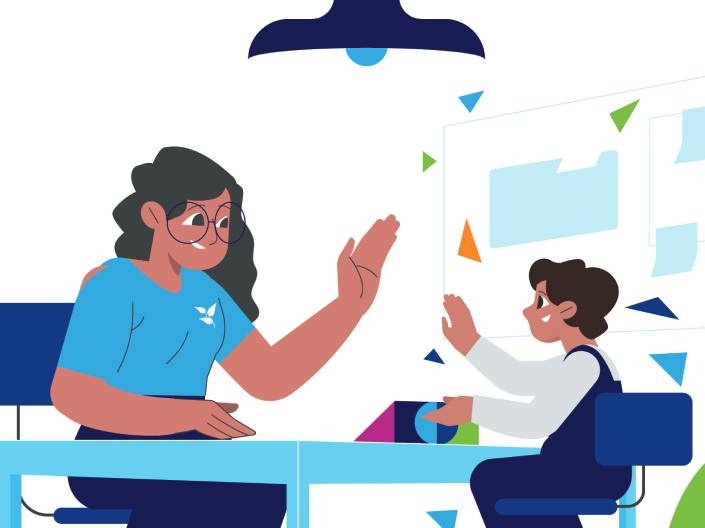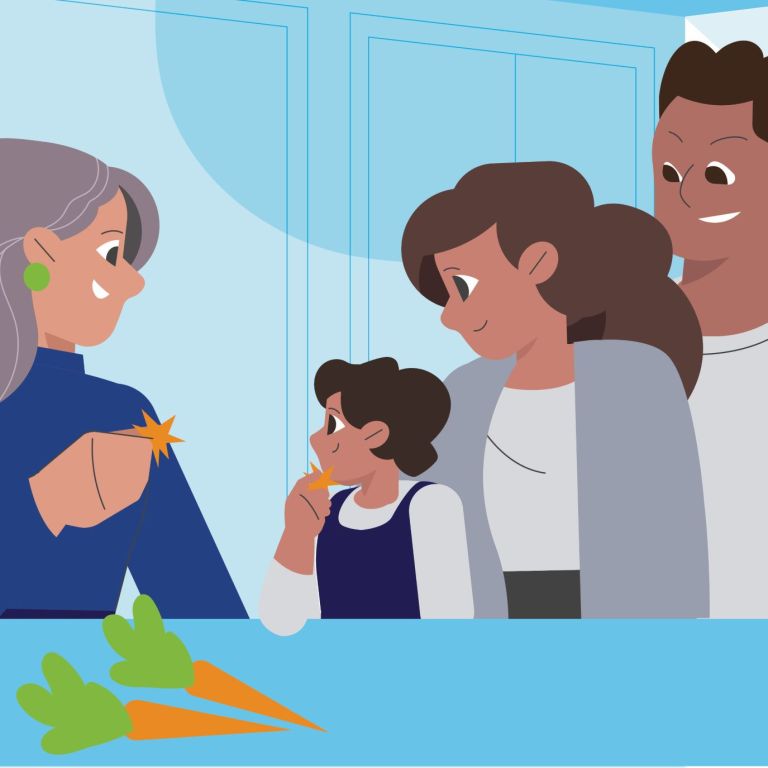How to Choose a Quality ABA Provider

Your child’s doctor has just recommended Applied Behavior Analysis for your son or daughter. What now? The field of behavior analysis has seen the number of ABA practitioners grow exponentially—but quantity doesn’t always translate to quality. And for your child with Autism Spectrum Disorder, a quality ABA provider is of utmost importance. With so many choices, parents need to keep in mind that not all ABA providers are created equal.
What Is Applied Behavior Analysis?
Applied Behavior Analysis (ABA) is the science of behavior, focusing on learning and changing behaviors. Behavior analysts use evidence-based methods like reinforcement to promote positive behavioral changes. ABA helps individuals of all ages manage behaviors to better function in social settings like schools, workplaces, and other environments.
- High intensity: Refers to the number of hours and learning opportunities provided.
- Comprehensive treatment: Targets multiple skills and deficits across various areas.
- Focused treatment: Narrows the treatment plan to specific behavioral targets.
Determining How Much Time Your Child Needs
During discussions with your Board-Certified Behavior Analyst (BCBA), it’s important to be open about what’s best for your child. Recommendations will vary based on individual needs, with therapy involving breaking down skills into smaller parts and teaching them using reinforcement techniques.
A Typical ABA Program
Every child’s ABA program is unique. A program may include discrete trial teaching, natural environment teaching, or incidental teaching. Programs can be center-based, home-based, or community-based. Assessment methods such as structured parent interviews and evidence-based tools like VB-MAPP or ABLLS are often used to determine the appropriate plan.
Who Will Be a Part of My Child’s ABA Team?
Your child’s ABA team will include a BCBA and a team of trained paraprofessionals or behavior technicians. Therapists should be supervised by a BCBA to ensure progress, and parents are encouraged to observe therapy sessions at least once a month.
- Therapists may have a Registered Behavior Technician (RBT) credential, indicating training, background checks, and competency assessments.
- Parent education and caregiver training are essential components of ABA therapy.
About Little Leaves
Little Leaves is dedicated to helping individuals with social, communication, and behavioral challenges grow and succeed. Using evidence-based ABA practices, we partner with families to develop and implement individualized therapeutic plans. Learn more at here.


